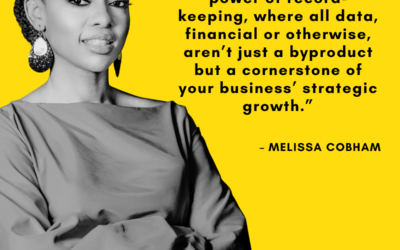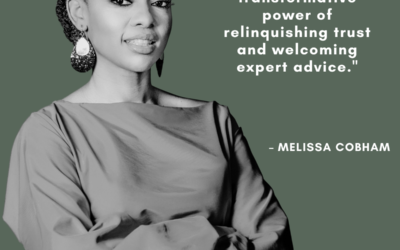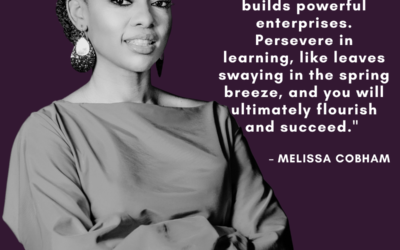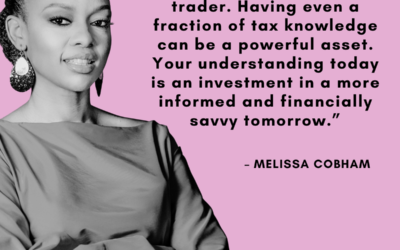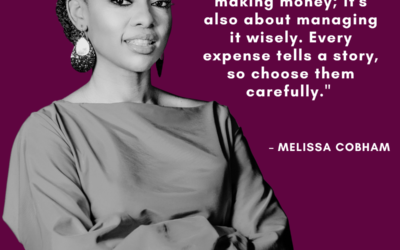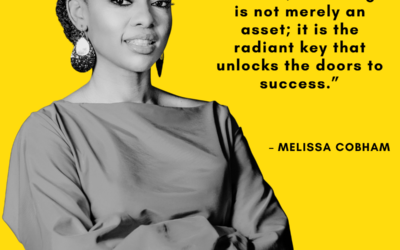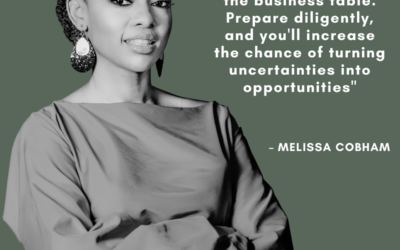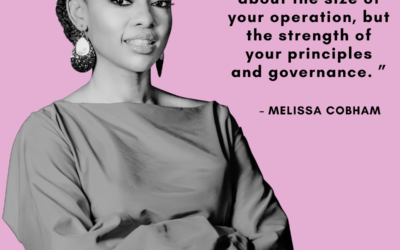Why You Can’t Afford To Trust Blindly in Business
As a small business owner, you’re well aware of the immense responsibility that rests on your shoulders. Your business’s success depends on the choices you make, and that’s why you can’t simply take things at face value. It’s not about becoming a micromanager, but rather about implementing systems that ensure your confidence in the transactions and relationships you enter. What you need is a questioning mindset, a skepticism rooted in professionalism. The term “professionally skeptical” might sound a bit daunting, but it’s essentially about being discerning.
So, why does it matter?
In the fast-paced world of business, we often find ourselves making decisions in a hurry. That’s where a questioning mindset comes to the rescue. It encourages us to pause, reflect, and consider potential risks and issues before they escalate into serious problems. Consider this scenario: an eager client places an unusually large order. Your initial instinct might be to dive in headfirst, but that’s precisely when skepticism should kick in. What if you had taken a moment to evaluate your internal processes or the client’s payment practices? You could have prevented a reputation hit or the headache of unfulfilled orders.
Let’s talk payment. If a client offers to pay upfront, it might seem like a straightforward win. However….if their business’s nature doesn’t align with such transactions, it’s time to raise a red flag. Why? Anti-money laundering laws are very real, and getting involved in questionable transactions can land you in hot water.
Ever wondered why banks seem to demand your life story when opening an account? It might seem excessive, but it’s their way of being professionally skeptical – of “Knowing the Customer.” They want to ensure they’re not doing business with unlawful individuals who may be laundering money for illicit activities. You, too, should “Know Your Customer,” or, even better, understand everyone you transact with. If something seems amiss, take a deeper look.
Empowering Decision-Making
With a critical eye and a questioning mindset, you gain the power to make informed decisions that safeguard your business. For example, imagine a vendor enticing you with a deal offering unbelievably low prices. A professionally skeptical approach would lead you to dig deeper, potentially uncovering any hidden costs or quality concerns. The same mindset applies when you’re hiring employees, engaging with a virtual assistant, or considering someone to join your board. Due diligence can take various forms, from reviewing resumes to assessing character and qualifications, conducting background checks, or even initiating a trial period. The key is not to blindly trust, especially when it comes to entrusting your business.
In this context, trust should always be situation-specific. You may know someone well in a different context, but their capabilities or agenda in the current scenario could be entirely different. It’s always wise to be curious, particularly when there’s any doubt.
About trust….., have you had a chance to read Stephen M.R. Covey’s book, “The Speed of Trust”? It’s a compelling read that delves into the four core elements of trust: Integrity, Intent, Competence, and Results.

Click here the above to access specific questions you can adopt when evaluating potential employees, partners, vendors, or other business relationships.
Preventing Fraud and Mitigating Risk
Small businesses are often targets of fraud. A questioning mindset acts as a shield, making it more difficult for employees or partners to engage in fraudulent activities. It also helps you detect irregularities in financial records, such as unexpected expenses or revenue discrepancies. Imagine your bank account showing one balance while your records indicate another. How does this happen? It can result from internal manipulation or, in some cases, small thefts by untrustworthy employees from either side. Just recently, customers of a large retail chain reported excess charges on their credit cards, which turned out to be a bank system error. If these customers hadn’t been curious, millions in losses could have gone unnoticed.
Being curious doesn’t just apply to complex transactions; it’s as simple as researching a new market before diving in. I understand the entrepreneurial urge to jump right in, but that approach often leads to inefficiency. With a questioning mindset, ask simple yet crucial questions: Is there a need for your product? Whose problem are you solving? Is the market saturated? How easy is it to enter and exit? Are there any legal barriers?
In a world filled with boundless opportunities, a questioning mindset is your guiding light, ensuring you navigate your business safely and with success. Pause, question, and evaluate before you trust blindly. Your business deserves nothing less!
-Melissa Cobham
The views reflected in this newsletter are the views of the author and do not necessarily reflect the views of Aegis Business Solutions, its partners, or any affiliated companies.
If you found value in this article, I encourage you to share it with fellow entrepreneurs who can also benefit from these insights. Please don’t hesitate to message me with your suggestions for future topics you’d like us to explore.
Stay tuned for my next article, where I will be touching on what can be considered a legitimate business expense for tax purposes. Here’s to your ongoing success! I look forward to our next chat. 😊


